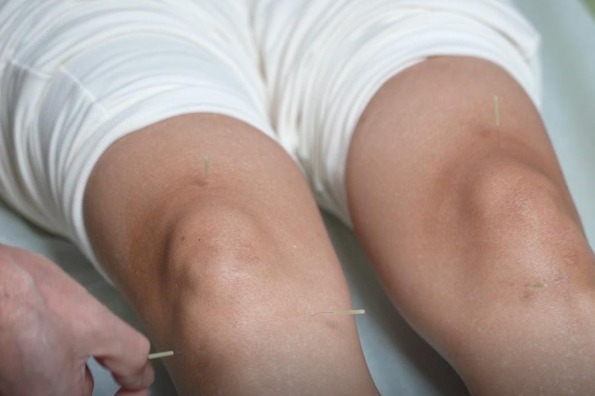Chinese medicine making inroads overseas


Its TCM resort, called "Yiling health city", also provides services to more than 200,000 domestic and foreign tourists.
Guangzhou Pharmaceutical Group, a State-owned pharmaceutical giant that specializes in TCM products and services, also believes TCM is going to have stronger presence in both domestic and global health sectors, underpinned by supportive policy.
During the 13th Five-Year Plan period (2016-20), the company successfully exported products to 26 countries and regions. A total of 50 products were registered overseas, covering 17 countries and regions, including Canada and Singapore.
The company set up a headquarters in Macao last year, aiming to better exploit the global market and investment opportunities. With a new subsidiary in Hengqin, a district of Zhuhai, Guangdong province, neighboring Macao, the company sees great potential in TCM medicine export and import trade in nearby regions and the economies involved in the Belt and Road Initiative.
It is setting up the largest TCM factory in Macao that conforms to good manufacturing practices or GMP standards, to produce a variety of TCM drugs and supplements.
However, Yu, with the China Chamber of Commerce for Import and Export of Medicines and Health Products, said cultural differences and legal barriers remain a challenge for TCM to make further inroads abroad.
The majority of TCM exports are products rather than services, and among the goods exports, the bulk is raw materials rather than patented drugs, Yu said.
He suggested market players enhance overseas sales channels to increase product exports, while at the same time build overseas subsidiaries in BRI economies and collaborate with locals to expand their business footprint.
It is also important to allocate resources globally and coordinate the development of TCM trade in both goods and services, he said.




